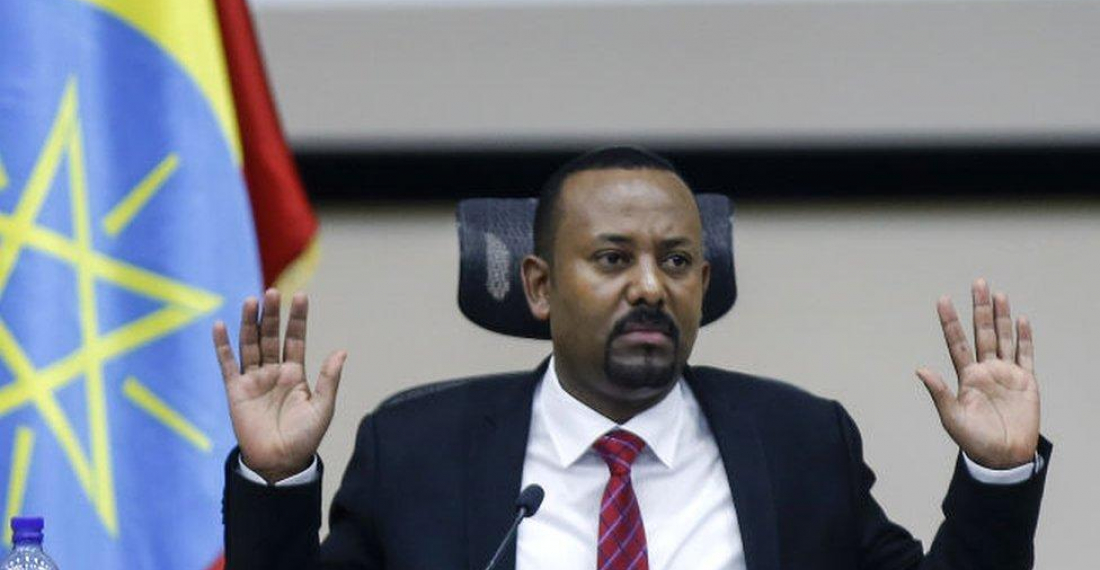Prime Minister Abiy Ahmed of Ethiopia said that Eritrea will withdraw its troops out of Ethiopia's northern Tigray region. Both countries have been under immense international pressure to end the conflict which has caused huge human suffering and a wave of displacement.
Asmara has long denied the presence of its troops in Tigray, despite reports to the contrary by independent aid workers and local residents. Ahmed himself has only recently admitted the Eritrean role in the conflict. He flew this week to Eritrean capital, Asmara, to meet with Eritrean President Isaias Afwerki.
During that visit "the government of Eritrea has agreed to withdraw its forces out of the Ethiopian border," Abiy said in a statement posted to his Twitter account Friday.
Eritrea did not release an immediate comment. Media reports suggest that the Ethiopian National Defense Force will take over the task of guarding the border area with Eritrea.
Tigrayan opposition party Salsay Weyane Tigray said that any agreement would be useless without an international regulatory body to check it.
Source: commonspace.eu with various sources
Picture: Prime Minister Abiy Ahmed.







